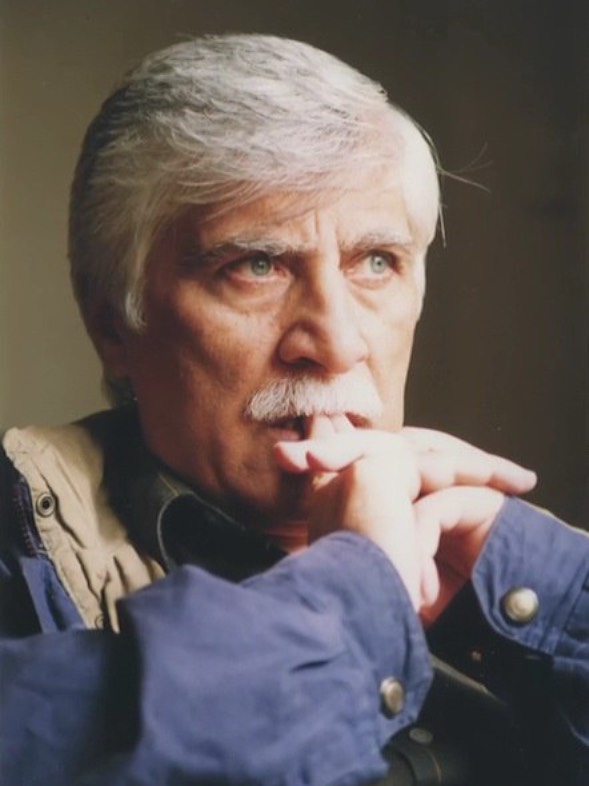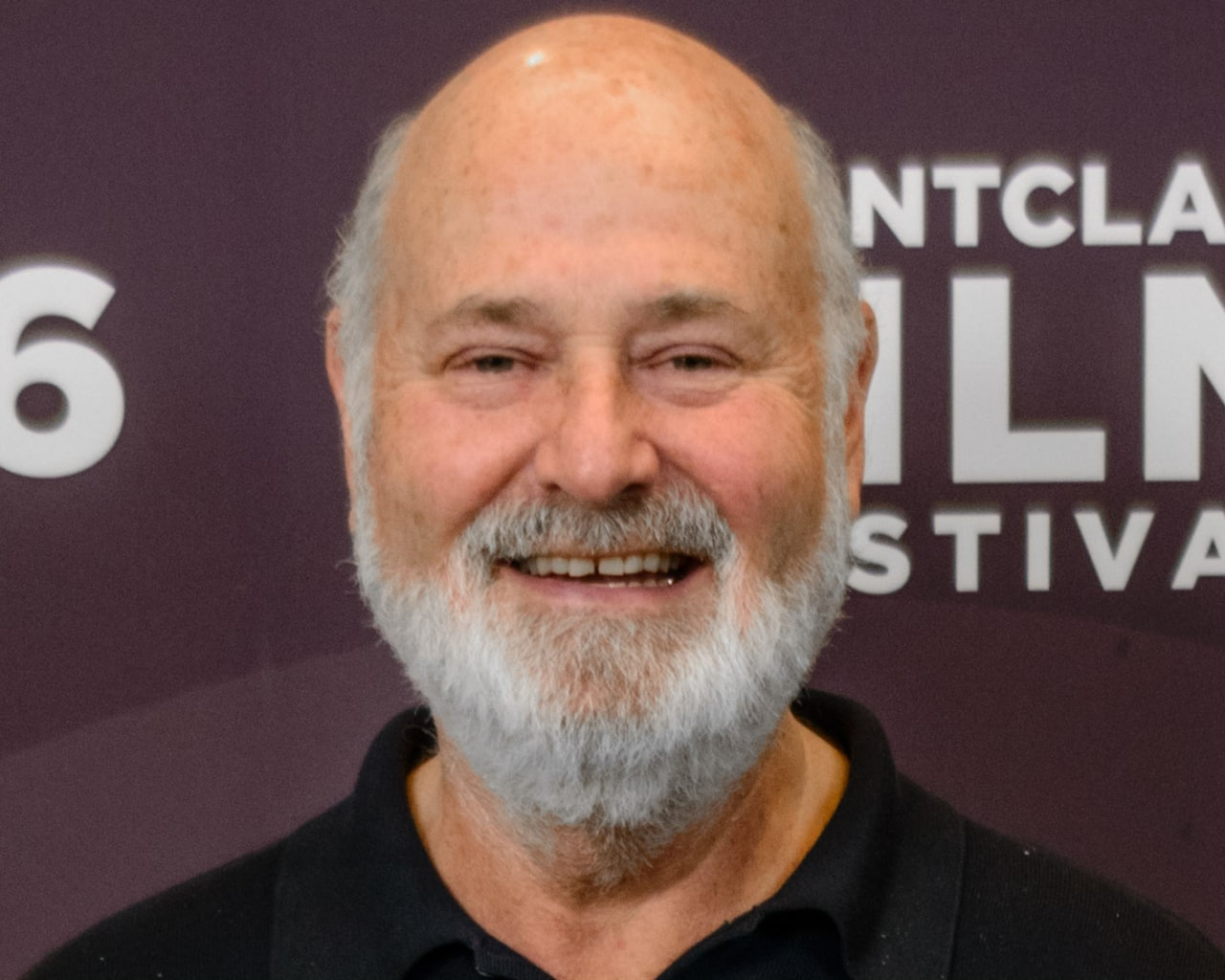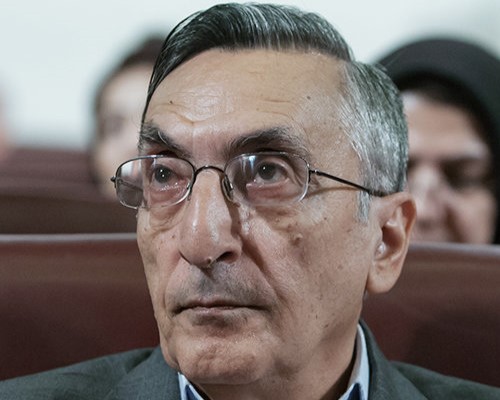Aki Banayi, one of the defining voices of Iran’s pre-revolution musical landscape, has died at the age of 81. Akram Banayi, known professionally as Aki Banayi, passed away on November 2, 2025 (11 Aban 1404) in the United States. The news was shared by her sister, the renowned film and theater actress Pouri Banayi, who wrote in a heartfelt message on social media: “My sister, after you even laughter carries the scent of sorrow.”
Born on May 4, 1944, in Arak, Aki Banayi grew up in a culturally engaged family. She received her earliest classical training in Iranian vocal music under the tutelage of Master Ney-Davood, the celebrated mentor of Qamar-ol-Molouk Vaziri. Seeking broader academic study, she later moved to the United States, where she attended Marin University of San Francisco and earned an advanced degree in vocal performance from the California Conservatory. Banayi eventually settled in Los Angeles, joining a large community of pre-revolution Iranian musicians.
Banayi’s artistic legacy is defined by her ability to bridge regional folk traditions and the emerging popular music of the 1960s and 70s. Her album “Rashid Khan” remains a landmark in the reinterpretation of Iranian folk repertoire, featuring enduring songs such as “Rashid Khan,” “Mastam Mastam,” “Paapo Soleymani,” and “Gol-e Pâmchal.” She later explored modern Iranian pop with the album “Negah-e To”, which introduced her distinctive vocal color to a new generation of listeners.
Her repertoire extended beyond folk and pop idioms. Banayi recorded socially conscious and educational songs—such as “Fahmat Bereh Bala,” promoting literacy, and “Yeki Ardeshir o Yeki Kamran,” reflecting on social life—as well as playful pieces like “Khorosak Dam Nazen.” She also produced modern renditions of classical and patriotic works, including a notable interpretation of “Morgh-e Sahar.”
Throughout her career, Banayi collaborated with prominent lyricists such as Mohammad-Ali Jahed, Ardalan Sarfaraz, Pak-Sima, and Homa Mirafshar, and with acclaimed composers including Mohammad Heidari, Manouchehr Cheshmazar, Touraj Shabankhani, and Mohammad-Ali Amir-Jahed. These partnerships helped shape a uniquely expressive body of work that still resonates with audiences.
In the United States, fellow Iranian singer and composer Morteza Barjasteh wrote in tribute: “Aki Banayi has left us. When this train begins to move, it races ruthlessly forward.” His message echoed the sense of loss felt across the Iranian artistic community.
Aki Banayi was also connected to the world of cinema through her sister, Pouri Banayi—one of the iconic actresses of pre-revolution Iranian film, known for roles in Qeysar, Kooche-ye Mardha, Mehregiah, Zanboorak, and Goodbye Tehran. Now in her mid-80s, Pouri Banayi continues her social and charitable work in Tehran.
After the 1979 revolution, as public female singing became severely restricted in Iran, Aki Banayi—like many women vocalists—was forced to withdraw from the country’s musical scene and continue her life abroad. Though she never returned to perform in Iran, her voice remained part of the country’s cultural memory, carried through recordings passed down across generations.
Her passing marks the close of a significant chapter in Iran’s musical history—one shaped by women who, despite social and political barriers, forged resonant and enduring artistic identities. Aki Banayi’s voice, both tender and powerful, remains an integral part of that heritage.






